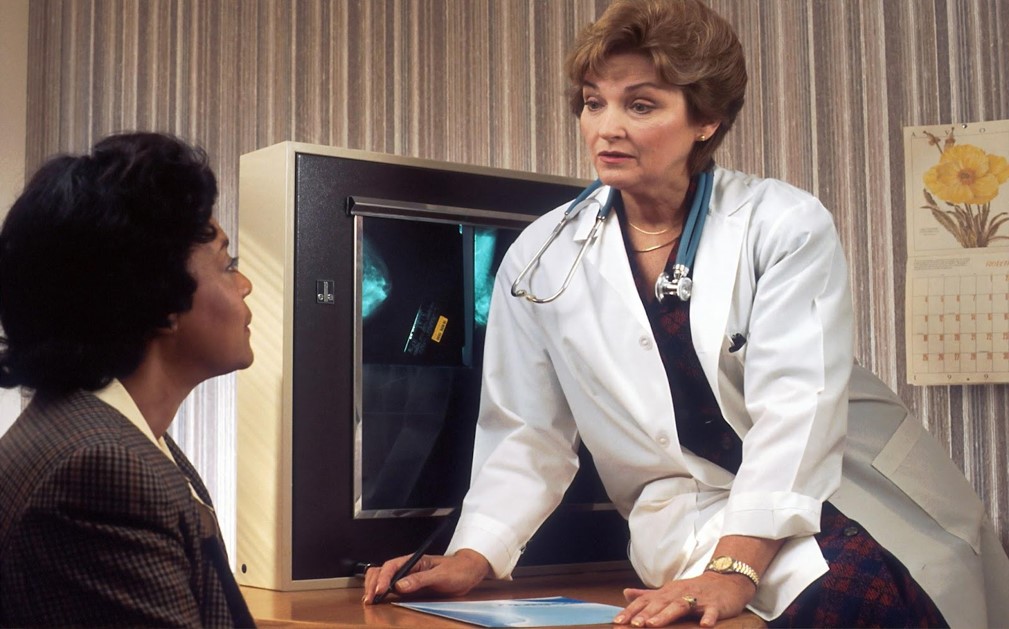The field of clinical research is experiencing significant growth, with medical monitoring emerging as a key component in this expansion. As of 2023, the global clinical trials market was valued at $57.76 billion, and it is projected to grow to $92.45 billion by 2030, marking a compound annual growth rate of 6.9%. This growth underscores the escalating importance of advanced tools in ensuring the integrity and safety of clinical studies.Â
In this article, we will explore the multifaceted role of medical monitoring, which spans from enhancing study safety and data quality to facilitating patient selection and effective communication, all while integrating cutting-edge technology in the ever-evolving landscape of clinical research​​.

The Importance of Medical Monitoring
In the field of clinical research, the importance of medical monitoring has become more prevalent than ever, especially when a laboratory, research facility, or any entity conducts research. Medical monitoring services apply a depth of knowledge and experience to ensure the safety and accuracy of studies. These services are at the forefront of transforming human health while safeguarding patient welfare.
Medical monitors with extensive academic, clinical, and industry experience provide strategic and operational advice throughout the study, from protocol review to patient and site selection. They ensure adherence to protocols and medical congruency, aligning patient eligibility criteria with their medical history and treatment. Furthermore, medical communication is a critical aspect, providing support for investigative sites throughout the study.
Applications of Medical Monitoring in Clinical Research
Enhancing Study Integrity and Safety
Medical monitoring plays a pivotal role in maintaining the integrity and safety of clinical trials. Medical monitors oversee clinical trials to ensure that they are conducted ethically and safely, adhering to regulatory standards and guidelines. This oversight is crucial in identifying and mitigating risks associated with the study, thereby protecting the safety of participants.
Improving Data Quality and Consistency
Quality and consistency of data are paramount in clinical research. Medical monitors contribute significantly to this aspect by overseeing the collection and analysis of data. Their expertise ensures that the data collected is accurate, reliable, and consistent across different study sites. This leads to more credible study outcomes and facilitates a smoother path to regulatory approvals.
Patient Selection and Monitoring
One of the key responsibilities of medical monitors is to oversee patient selection, ensuring that participants meet the study criteria. This process is vital for the validity of the study. Additionally, they monitor the ongoing health and response of participants to the treatment, making necessary adjustments and recommendations to the study protocol as needed.
Facilitating Communication and Problem-Solving
Effective communication between the research team, study sites, and sponsors is essential. Medical monitors act as a bridge, facilitating clear and timely communication. They are also instrumental in problem-solving, and providing expert advice in the event of adverse reactions or other unforeseen issues during the trial.
Technology Integration in Medical Monitoring
The integration of technology in medical monitoring is transforming clinical research. Wearable devices and digital health tools enable real-time monitoring of patients, offering a wealth of data that can be used to improve the efficiency and effectiveness of trials. This technology also allows for remote monitoring, broadening the scope of research and making studies more accessible.
Challenges in Medical Monitoring
One of the primary challenges is navigating complex regulatory environments and ethical considerations, ensuring stringent compliance, and addressing data privacy concerns. Additionally, the surge in data volume necessitates robust data management and security protocols to safeguard patient information.Â
The increasing intricacy of clinical trials, often spanning multiple locations and diverse patient groups, adds to the complexity, requiring consistent oversight and adaptation to varied requirements. Balancing resource allocation and managing costs effectively while integrating rapidly evolving healthcare technologies presents another significant hurdle.
Furthermore, patient recruitment and retention remain persistent challenges, necessitating effective engagement strategies to maintain participant involvement. Unforeseen issues such as patient safety concerns or operational obstacles demand quick, informed decision-making. Addressing these multifaceted challenges requires a blend of expertise, adaptability, and strategic planning, highlighting the essential role of medical monitors in ensuring the success and integrity of clinical research.
Future Prospects and Innovations
The future of medical monitoring in clinical research is marked by continuous innovation and advancement. Emerging technologies like artificial intelligence and machine learning are set to revolutionize the field, offering new ways to analyze complex data sets and predict outcomes more accurately. This evolution will further enhance the efficiency of clinical trials and contribute to developing more effective treatments.
Medical monitoring is an indispensable part of clinical research, playing a critical role in ensuring studies’ safety, integrity, and success. As technology continues to evolve, the scope and impact of medical monitoring are poised to grow, offering exciting prospects for the future of healthcare research.
Conclusion
The evolution of medical monitoring in clinical research signifies a monumental shift in healthcare technology, blending expert oversight with cutting-edge advancements to reshape the landscape of clinical trials. This field, central to the progression of medical research, balances the critical responsibilities of ensuring study safety, data integrity, and regulatory compliance with the challenges of an ever-evolving technological and ethical landscape.
Medical monitors, with their extensive knowledge and experience, stand as guardians of patient welfare and study integrity, navigating complex trials and fostering seamless communication among stakeholders. Yet, the path forward is not without its obstacles.Â
The intricacies of managing vast data securely, adhering to rigorous regulatory frameworks, and overcoming operational and patient-related challenges highlight the demanding nature of this field. It necessitates continuous adaptation and strategic foresight to stay ahead of emerging trends and potential pitfalls.



Facebook Comments